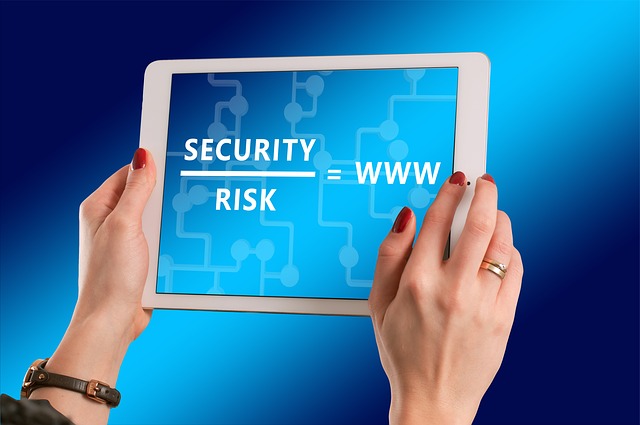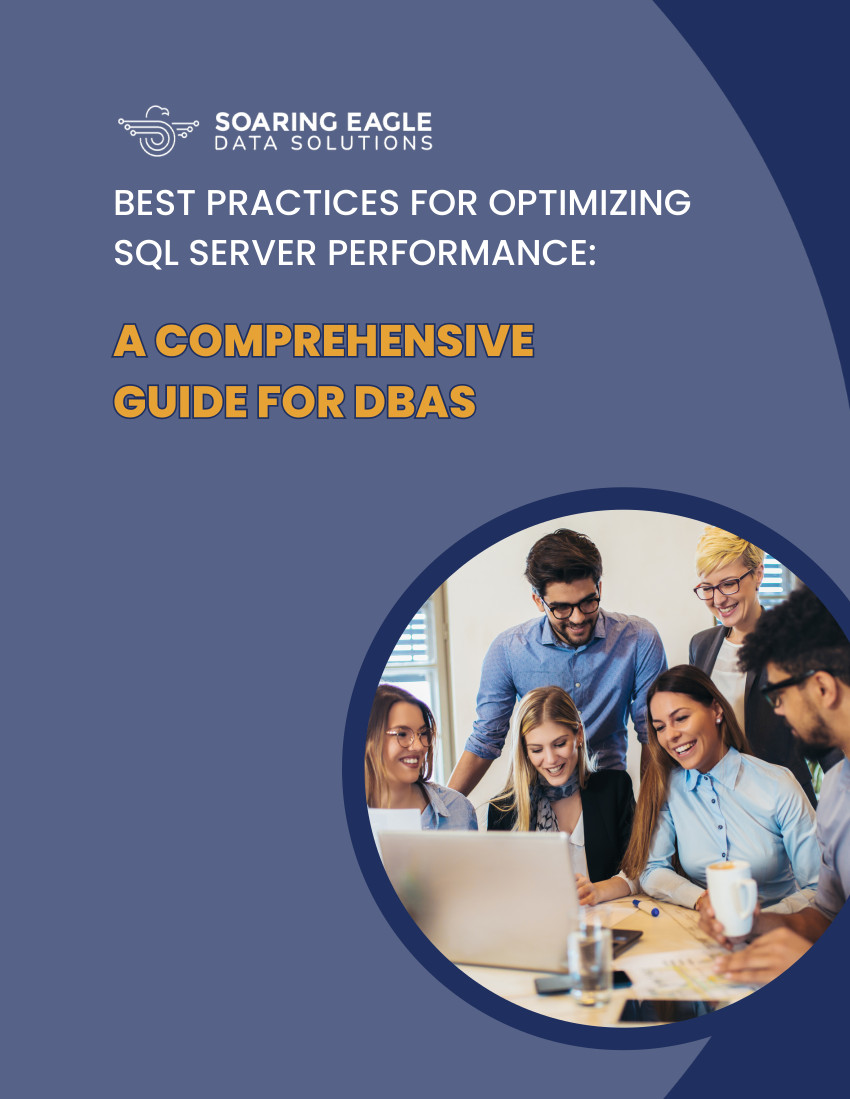
Once upon a time, hearing or reading about a cybersecurity breach would be scandalous. How could American Express put clients in such a vulnerable position?
Today, it’s common to read about such news regularly. It’s happened to Anthem, Target, Yahoo, JP Morgan, Equifax, eBay, The Home Depot, LinkedIn, Sony, Dropbox…. Chances are your own information is stored in at least one (if not several) of these platforms.
In addition to targeted hacking of large corporations, there’s a growing list of serious malware that has infiltrated private businesses, hospitals, universities, and government agencies, such as Ransomware, Wannacry, and Petya. And it’s not like it’s a practical solution to just stay offline. We depend on the internet for everything, from work, to storing data, to paying bills and booking travel. So, what can we do to protect ourselves?
For your business:
Install adequate software: Firewalls, anti-spy software, setting up complex passwords that you update regularly. All of this should be second nature by now.
Hire a database administrator: There are certain expenses you can do without, but having someone who will regularly monitor your systems to foresee potential issues and patch vulnerabilities is crucial.
Train your employees: Everyone who works for you should understand the importance of always backing up work. They should know that this isn’t 1998 and that there’s no reason to open an email attachment from someone they don’t know. By now, everyone should know better. Also, make it your responsibility to inform them about which specific IT personnel they should contact should they face a cybersecurity risk.
For your personal life:
Monitor your statements: Bank statements, credit card bills, credit reports… The best way to prevent identity theft is to spot it before it spirals out of control. Yes, it’s tedious, but it’s better to nip it in the bud.
Use credit cards: Be prudent, though. Don’t charge irresponsibly, then blame us for it. However, by using credit cards, if you notice a fraudulent transaction on your monthly bill, you can dispute it. Yet, if someone depletes your bank account using your debit card, that’s really going to put a damper on your life for who knows how long.
Set up fraud alerts: Some banks and credit card companies do this automatically: Whenever there’s an unusual transaction, they’ll block your card and verify with you whether the sale is legitimate. Check with your bank to see if you have this feature set up. You can also set them up with your credit report.
You need to up your game when it comes to cybersecurity and regularly monitor its efficiency. If you need help, Soaring Eagle Database Consulting is staffed with sophisticated IT professionals who will do everything possible to keep your database safe. Contact us, and let’s talk about your business security needs.


